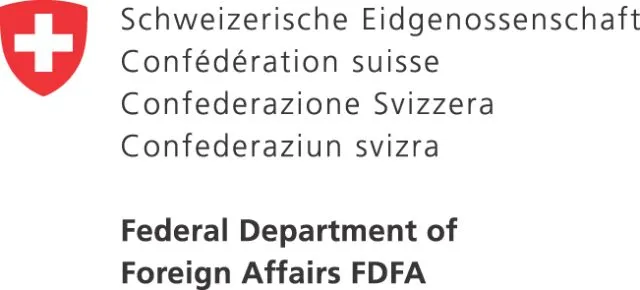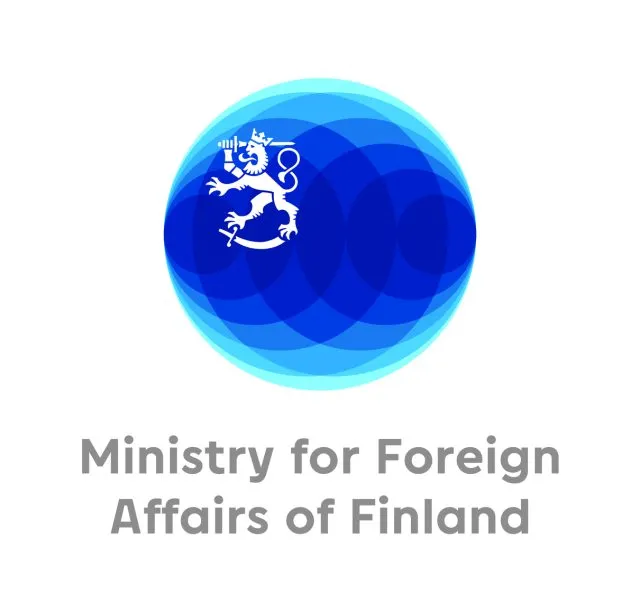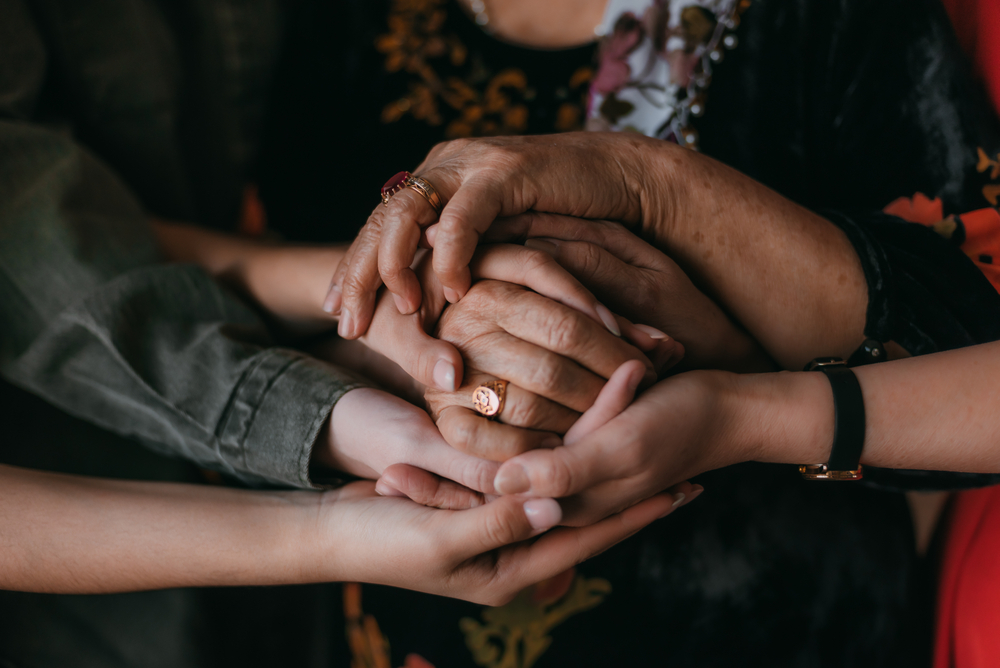Recommendations for specific actions
19. The following proposals were made to respond to the challenges identified:
- In response to the lack of trust, to facilitate building new alliances and encourage long-term thinking a ‘Davos of Human Rights’ is recommended – a forum for human rights akin to the World Economic Forum. This envisages bringing together small groups from across society, for example academics, companies and governments, representing a multidisciplinary approach. The two-day meetings should be in intimate settings and held in five different regions. Based on a theme or proposal, an open exchange should be encouraged. Support for the meetings would be provided by one or more major foundations with strong human rights programmes, while design of the meetings would be in partnership with civil society organisations and academic experts. The output of these meetings, which should start as soon as possible, would constitute proposals for the UN Summit of the Future, to be held in September 2024, to commence reflections with a long-term perspective on ‘Human Rights at 100’.
- While the Convention on the Rights of the Child protects children and young people until the legal age of 18, there are felt to be specific protection needs by international mechanisms for young people aged over 18, in a range of areas including education, employment, and mental health. Over a 10-year period approximately, it is recommended that a number of global consultations between special procedures and young people be held, hosted by governments. In addition to sensitising special procedures to the needs of youth, the output from these discussions could inform provisions of a new treaty, or policy framework.
- A second recommendation concerning youth advocates enhancing youth participation – persons under the age of 35 – in the Summit of the Future and, more broadly, across the UN system. The Summit of the Future should create youth representatives – designated youth ambassadors or envoys, anchored in the office of the Under-Secretary-General for Youth – to work across the UN system, increasing youth participation and popularising among their peer group the outcomes of the Summit. The youth envoys should be mandated to report back to the General Assembly and Human Rights Council on progress in increasing youth representation and participation in the UN system. youth, the output from these discussions could inform provisions of a new treaty, or policy framework.
- To counter a decline in confidence in democratic governance and its institutions, it is proposed to promote human rights education, personalised, inclusive of the next generation of voters and in accessible language, aiming to convince people of the value of democracy and human rights. The campaigns, run in the year before elections are taking place, would not necessarily use the language of human rights, speaking instead of ‘respect’, ‘dignity’, ‘civility’ and ‘fairness’, at home and work. Using social media, and developed through networks of communication specialists together with national human rights institutions, the methodology would be informed by practice and know-how employed in the global South. A fund to support this initiative should be established by governments concerned at democratic backlash.
- Coherence in the international human rights system is important for forming alliances and there has long been concern at the uncoordinated or even divergent treatment of issues by UN bodies in Geneva and New York. Knowledge sharing and management, between different bodies, such as the Human Rights Council, the Third Committee of the UN General Assembly, and the Fifth Committee, dealing with financial issues, needs to be improved. There is overlap in the responsibility of different mandate holders, detrimental to their efficient functioning. It is the responsibility of states to ensure greater coherence in the system.
- To enhance spaces for bridge-building and debate of difficult or controversial issues at the Human Rights Council states should make efforts to enlarge the membership of the core group sponsoring a controversial resolution. Additionally, increasing the number of resolutions proposed by core groups, as opposed to a sole member state, would enlist unused potential. The resolution on human rights defenders is a case in point.
- Overt reprisals against human rights defenders specifically within the UN system, are on the rise and represent a huge challenge. While there are mechanisms in place to take action – the UN Secretary General’s Office, the Special Rapporteur on the situation of human rights defenders and UN Women – there is no coordinated response across UN bodies, or strong reaction from states. It is proposed the UN Secretary General’s Office, in conjunction with the Special Rapporteur should lead action in response and engage media in this.
- A second urgent call to act concerns killings of human rights defenders, although arguably this initiative could be extended to their detention, to act at the earliest moment of alarm. There is often a dearth of information about what has happened in the killing of some human rights defenders. A coalition of states, using their embassies and other tools, needs to track and monitor, verifying whenever possible what has occurred. It is suggested that this could usefully involve the network of human rights ambassadors which has recently taken shape among 10 or more EU and other countries, notably for a discussion based on SDG 16 promoting peaceful and inclusive societies, and providing access to justice for all. National human rights institutions could also play a part. There is an imperative for data collection, which could also be used to press for accountability as well as to memorialise human rights defenders.
- While the new EU directive on CSDD is a very welcome development, its implementation is certain to be challenging, for business and civil society. There is a need to discuss, in practical terms and in a positive space, how it will operate, among governments, business, and civil society. One suggestion is to illustrate the issues by examining a specific sector, for example mining. Or it may be advisable to start with a sector that attracts less controversy. As to where to start such a dialogue, Davos could be one venue, although it is felt important to ensure that such a key human rights conversation also happens at the Summit of the Future.
- Outreach to the business community, to share information and to build alliances, is critical. Human rights actors should endeavour to identify potential allies on human rights issues in global industries which are not to-date engaged with human rights. Industries could include big technology companies, or extractive industries. Due diligence requirements could, for example, be used as a vehicle to demonstrate how business can help protect human rights defenders. An ongoing project, it should start as soon as possible, resources permitting.
- Ubuntu, variously translated as ‘humanity’ or ‘oneness’, describes a set of African-origin value systems that emphasize the interconnectedness of individuals with their surrounding societal and physical worlds: I am because we (or you) are. The proposal for an Ubuntu project seeks to analyse the origins of how family values, as a limitation on individual human rights, have multiplied across the world – in Africa, Asia, and the Pacific – as a result of colonialism. It aims to enhance the aspect of ‘community’ in human rights, facilitating openness and empathy. Work on this project would be conducted in the global South among governments and civil society.
Recommendations for specific actions are also reproduced in tabular form in the ‘Emerging Ideas’ annex to this report.
The Summit of the Future
20. The Summit of the Future represents an opportunity to forge a new global consensus on how the future should look, and the steps to secure it. ‘Human rights and participation’ is one of the seven themes identified for the Summit. Efforts should be made to optimise the platform the Summit provides, identifying a proactive agenda to advance support for human rights throughout the world.
Isobelle Jaques
Wilton Park | February 2024
In partnership with


-
Notes
Wilton Park reports are brief summaries of the main points and conclusions of a
conference. The reports reflect rapporteurs’ personal interpretations of the proceedings.
As such they do not constitute any institutional policy of Wilton Park nor do they
necessarily represent the views of the rapporteur. Wilton Park reports and any
recommendations contained therein are for participants and are not a statement of policy
for Wilton Park, the Foreign, Commonwealth and Development Office (FCDO) or His
Majesty’s Government.
Should you wish to read other Wilton Park reports, or participate in upcoming Wilton Park
events, you can find out more here.
To receive our monthly bulletin and latest updates, please subscribe here.
